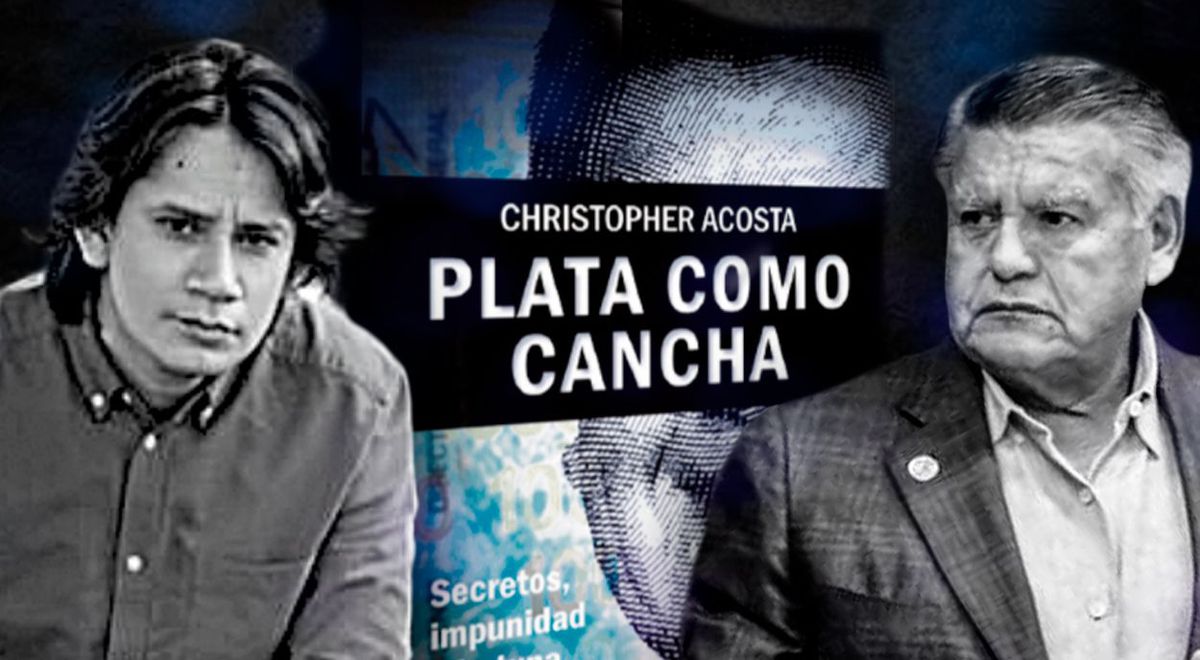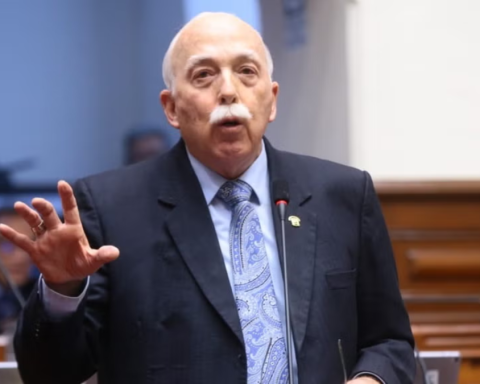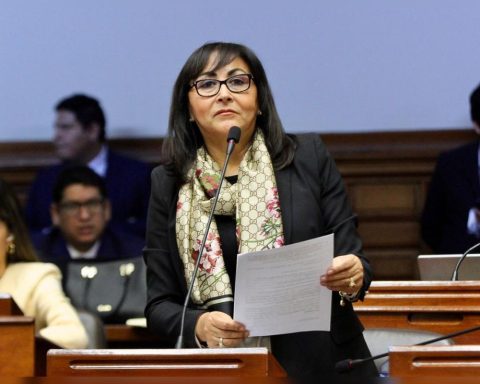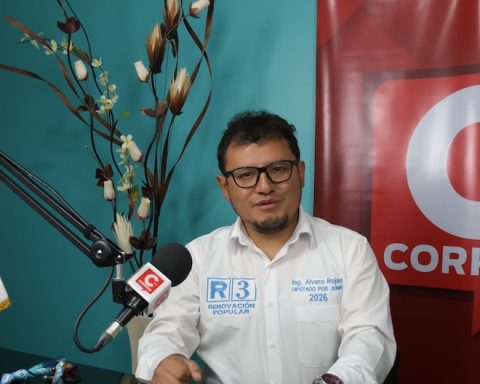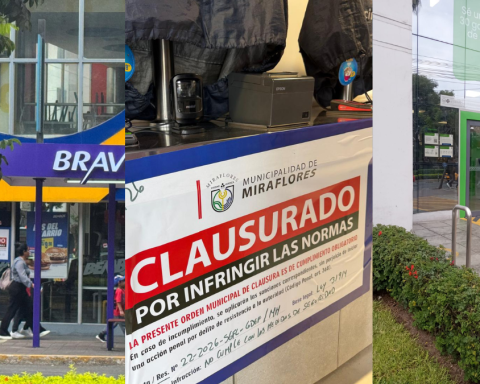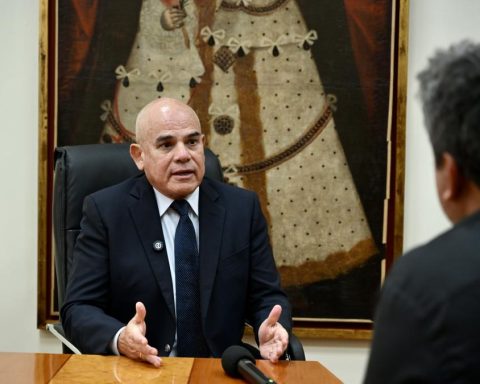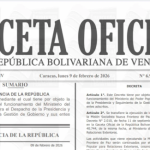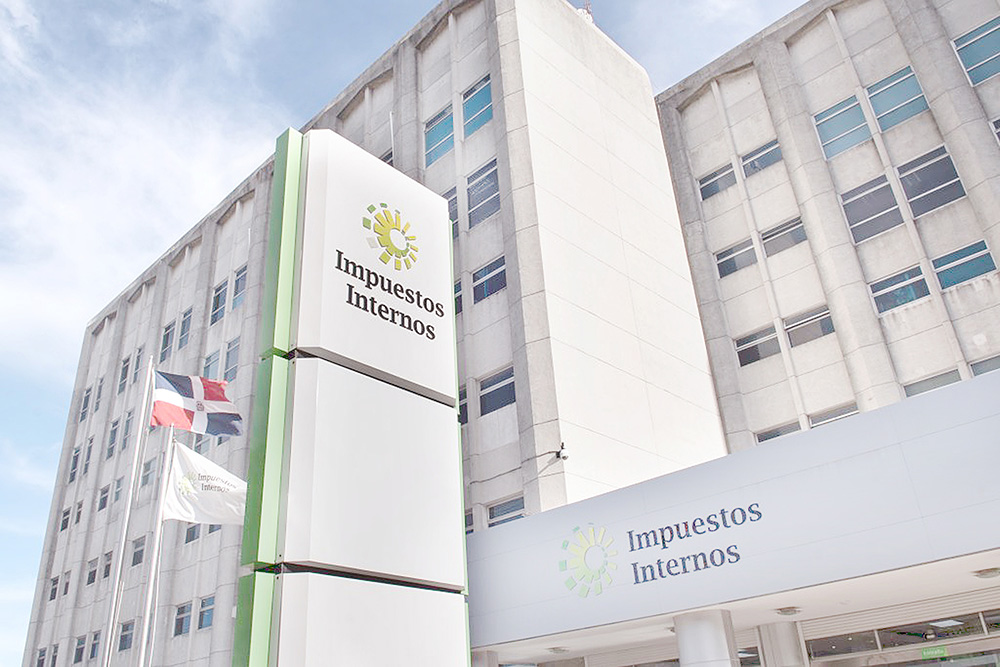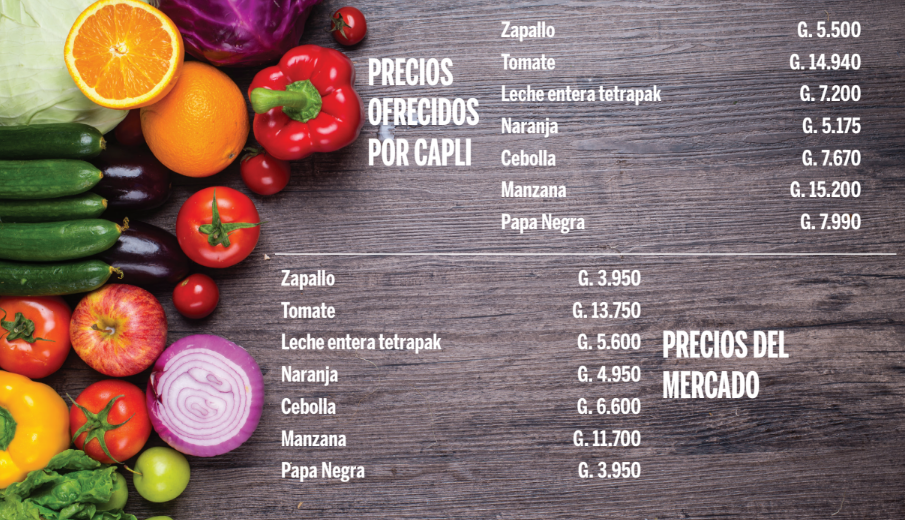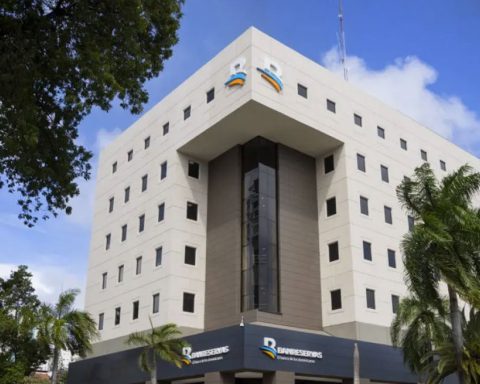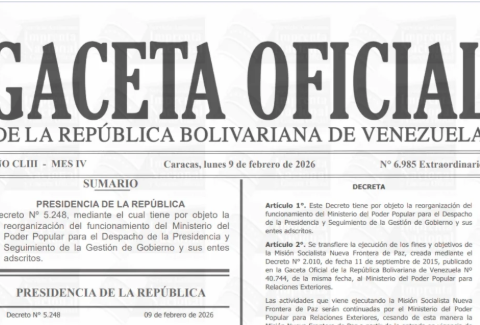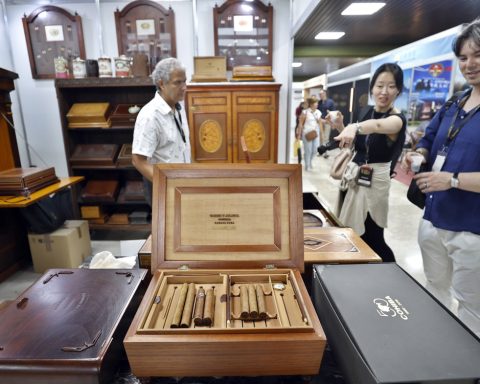Last Wednesday, January 12, the Office of the Special Rapporteur for Freedom of Expression (RELE) was pronounced through a statement in which he showed his rejection of the sentence Designated journalist Christopher Acosta for defamation for the publication of the journalistic book “Plata como cancha”. For the Office of the Special Rapporteur, this decision is contrary to regional standards on freedom of expression, and generates a remarkable self-censorship effect.
The sentence against Acosta has generated some rejection by journalists, the media, and now by the Inter-American Court of Human Rights, a body that has spoken out in defense of Acosta, freedom of expression and democracy.
“The RELE recalls that the application of criminal norms to limit speeches on matters of public interest is incompatible with the American Convention, due to the importance they have for the exercise of human rights and for the consolidation and functioning of democracies,” the Reporting through his Twitter account.
YOU CAN SEE: Hildebrandt on Cesar Acuña: “He is a character who should not be in Peruvian politics”
Likewise, RELE urged local authorities to improve current standards and practices so that they can ensure that the right to Freedom of Expression functions properly. What’s more, The IACHR has argued that journalistic work that uses good practices such as checking disseminated information must be respected.
“The RELE makes it known that controversies like this have broad and solid standards in the inter-American system and, therefore, urges the State to adapt its regulations and internal practices to the doctrine and jurisprudence in force on freedom of expression,” he concluded the Twitter post.
